From Molecules to Organisms: Structures and Processes

Educators and Parents, Sign Up for The Cheat Sheet
Weekly updates to help you use Science News Explores in the learning environment
Thank you for signing up!
There was a problem signing you up.
-
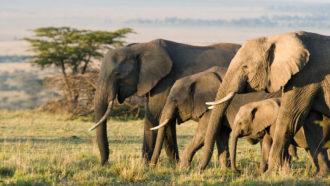 Animals
AnimalsWhy elephants and armadillos might easily get drunk
Stories of drunken elephants may not be a myth. Differences in a gene for breaking down alcohol could explain how they get tipsy.
By Susan Milius -
 Planets
PlanetsPlanets with hydrogen skies could harbor life
Microbes can live in a hydrogen atmosphere. This points to new space worlds that host alien life.
-
 Tech
TechOur gut microbes love a good workout
Technology shows how microbes in the body respond to exercise. That helps scientists understand why those microbes keep athletes healthy.
-
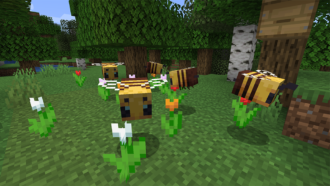 Animals
AnimalsMinecraft’s big bees don’t exist, but giant insects once did
Big bees buzz in Minecraft. In our world, blocky bees might starve and be stuck on the ground. Yet long ago, giant insects did roam our planet.
-
 Science & Society
Science & SocietyBrainwaves of people with coarse, curly hair are now less hard to read
Electrodes weren’t designed for people with coarse, curly hair. A redesign was needed, scientists say.
-
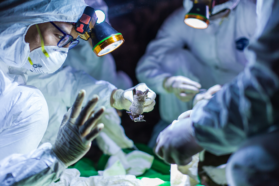 Health & Medicine
Health & MedicineHow to find the next pandemic virus before it finds us
Wild animals carry viruses that can sicken people. Monitoring those viral hosts that pose the greatest risk might help prevent a new pandemic.
-
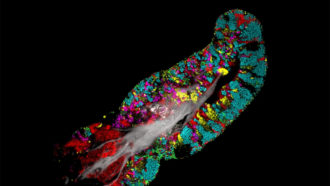 Microbes
MicrobesCheck out the communities of bacteria living on your tongue
Bacteria scraped off the tongue offer a window into how the microbes structure their communities.
-
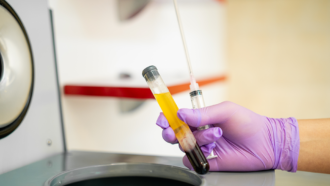 Health & Medicine
Health & MedicineAntibodies from former COVID-19 patients could become a medicine
The experimental treatment uses antibodies from the blood plasma of COVID-19 survivors. It may prevent disease in other people or help treat the sick.
-
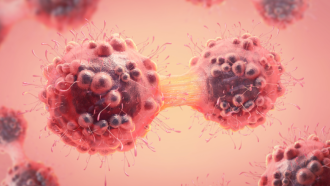 Health & Medicine
Health & MedicineNew ultrasound treatment kills off cancer cells
Low-frequency ultrasound destroys cancer cells while leaving most healthy cells intact.
-
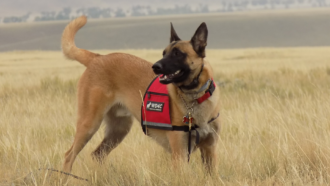 Animals
AnimalsConservation is going to the dogs
Scientists are now training dogs to help track rare, elusive — and sometimes invasive — plants and animals.
-
 Science & Society
Science & SocietyCOVID-19: When will it be safe to go out again?
No one yet knows when social distancing can end. Experts explain we need 'herd immunity,' which won't be easy and may come at a horrific cost.
-
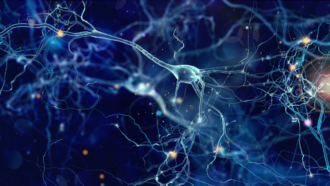 Brain
BrainZapping the brain may make it work right again
Sending electrical zaps to electrodes implanted deep in the brain can help people with Parkinson’s disease, depression and even obsessive-compulsive disorder.